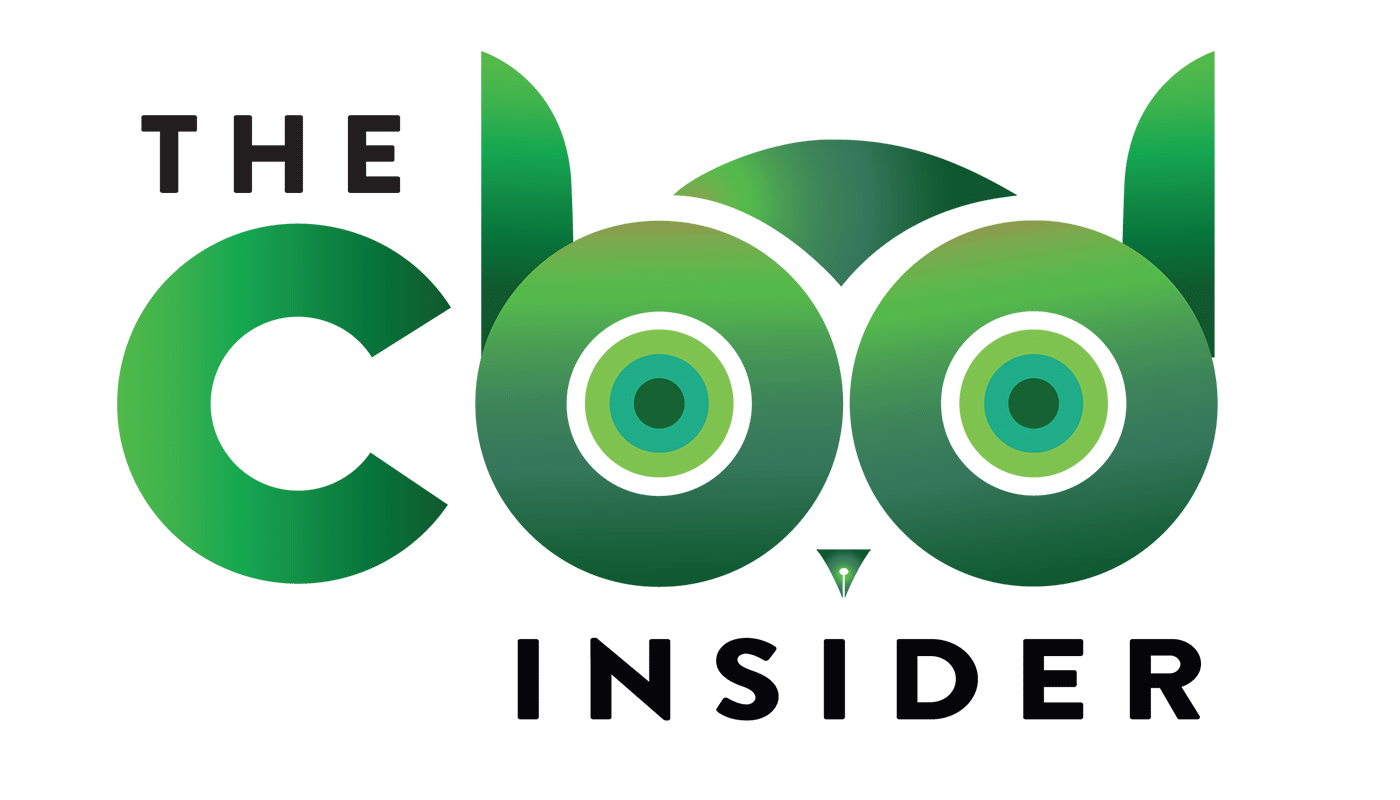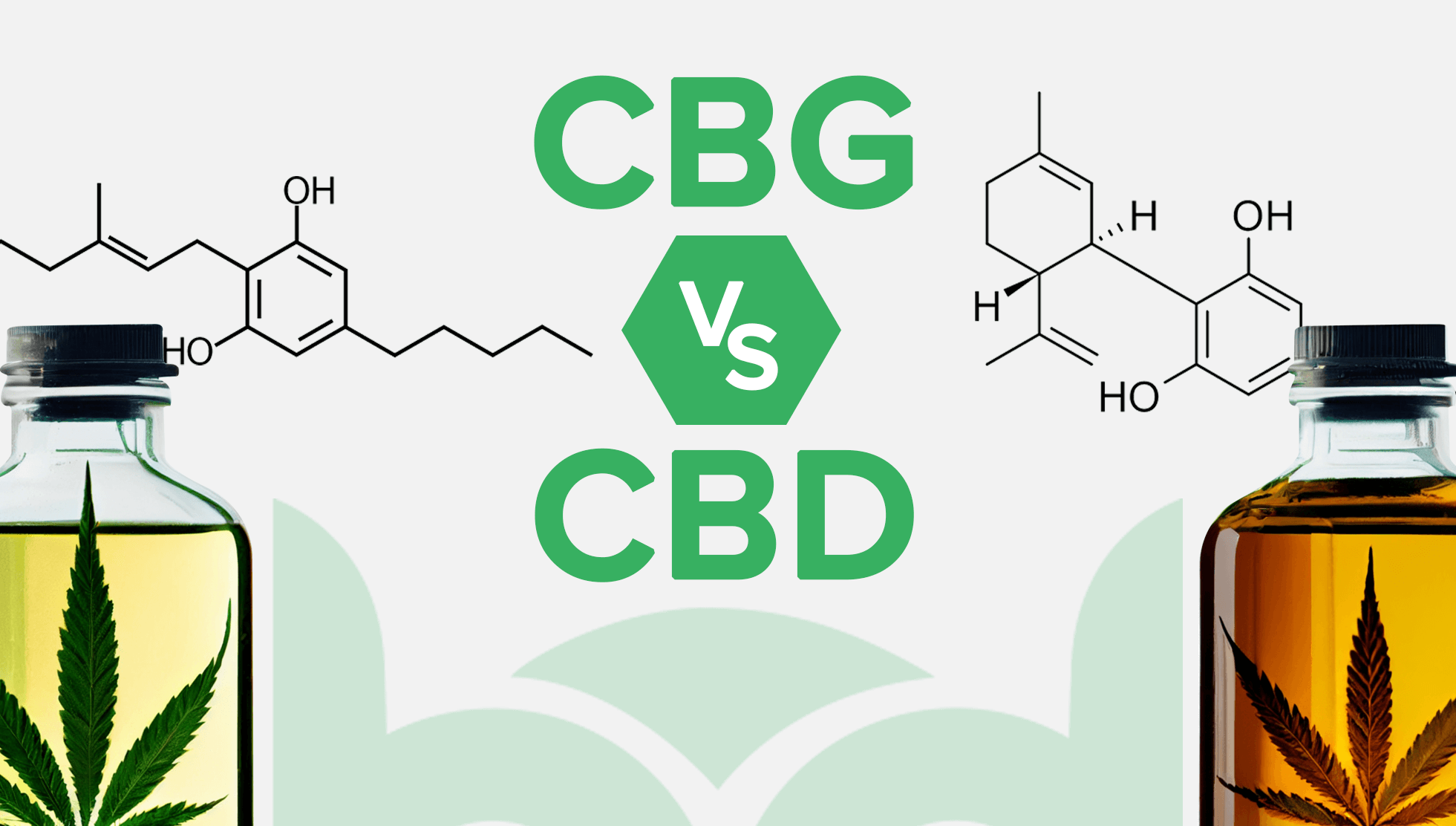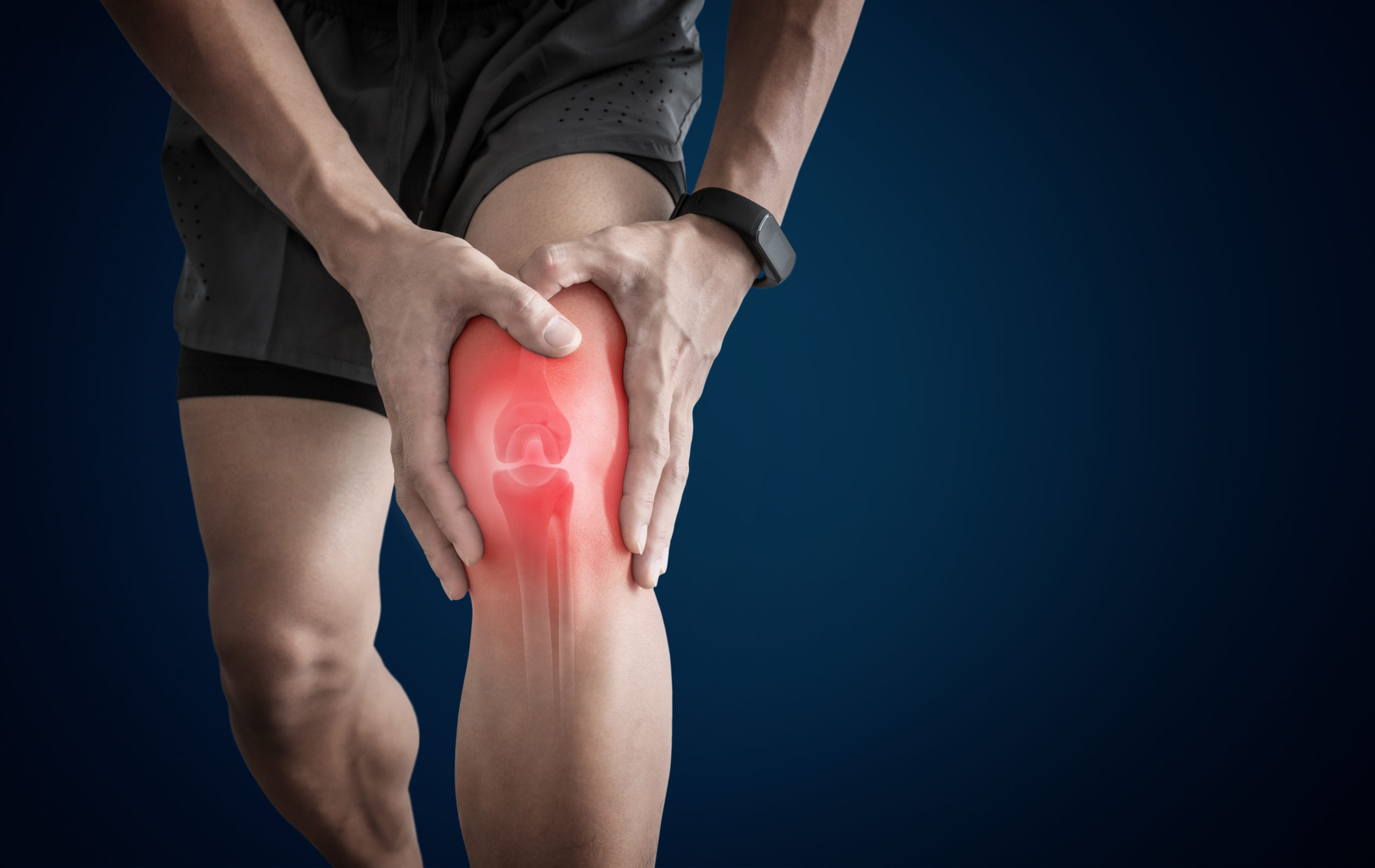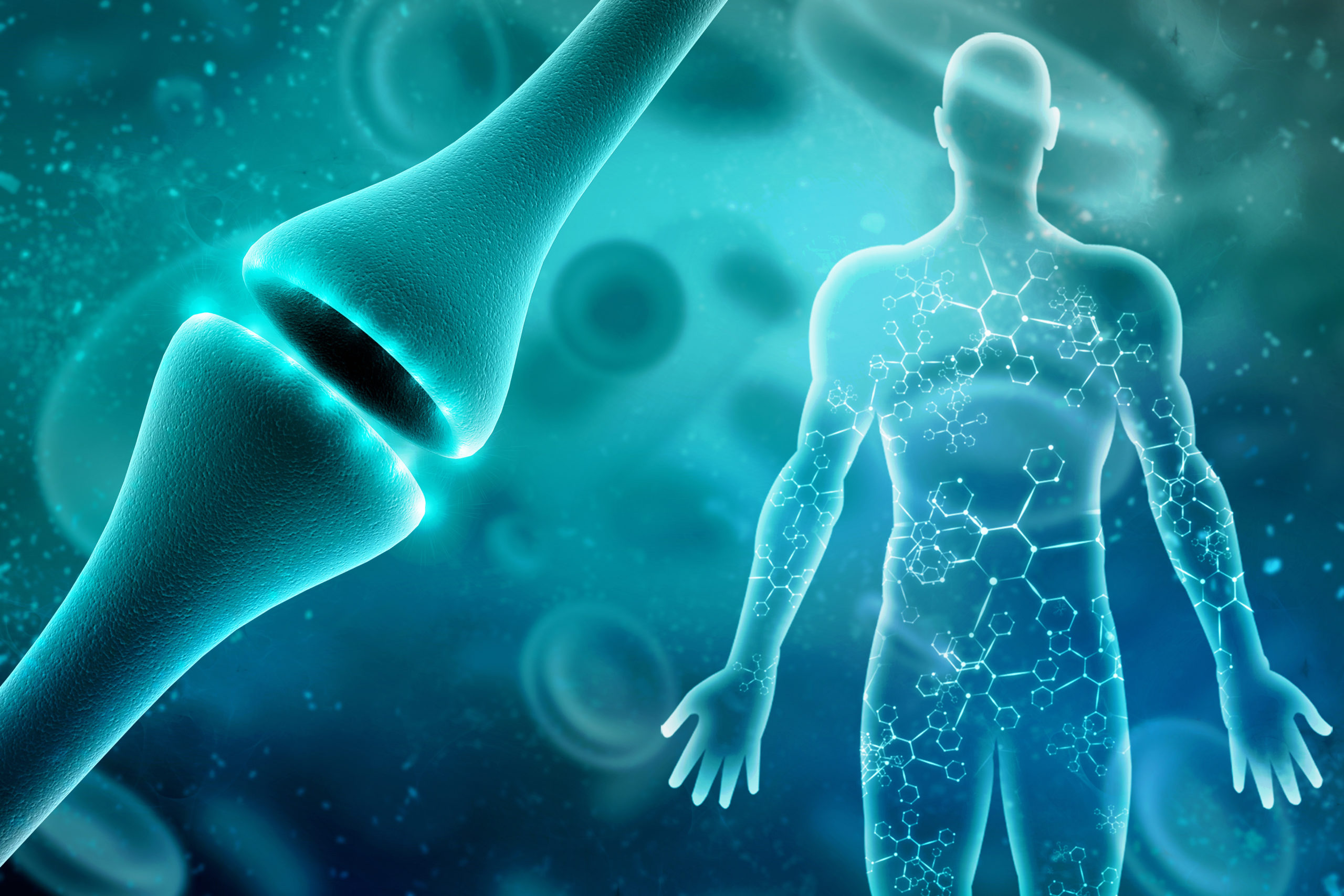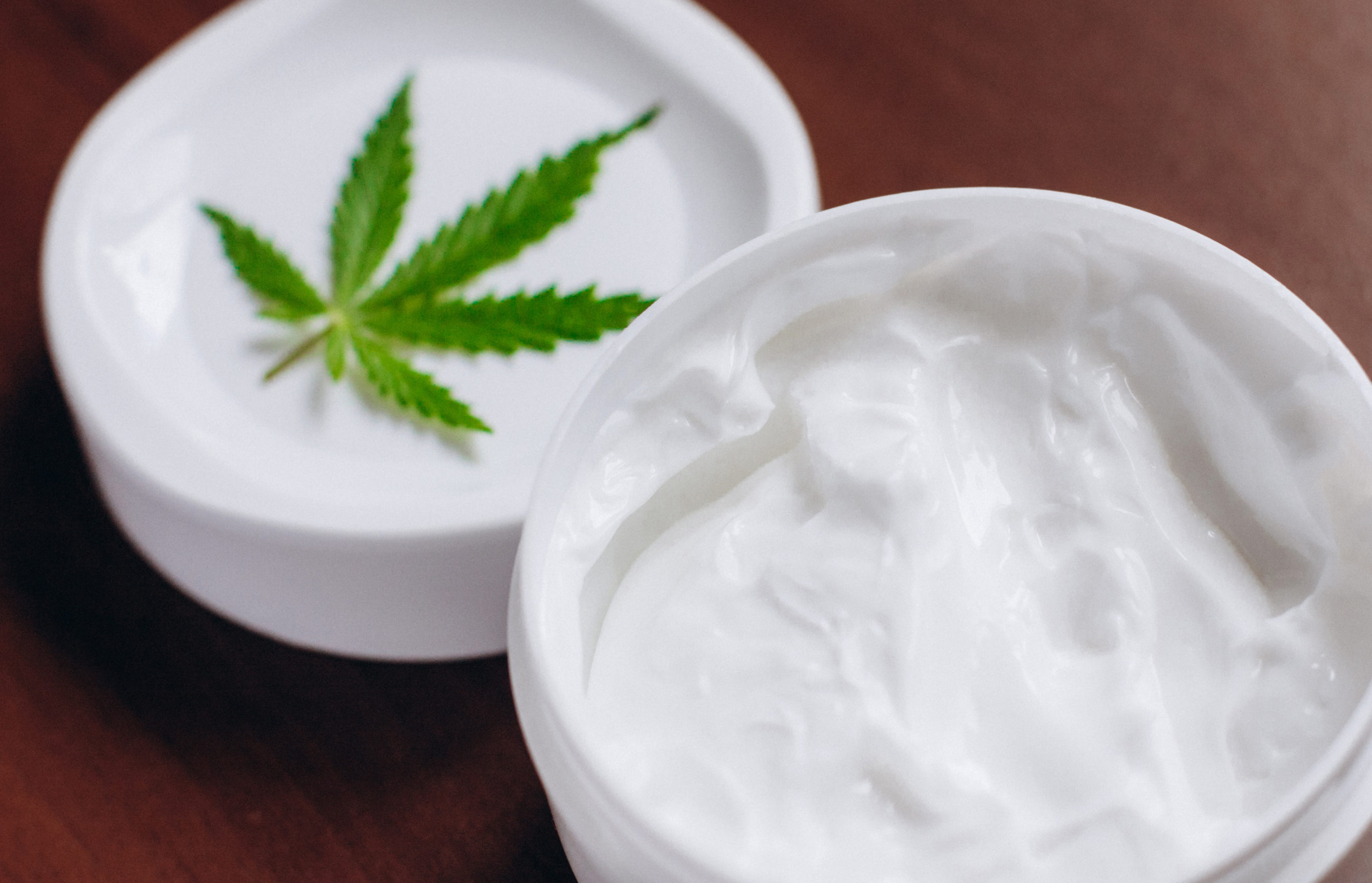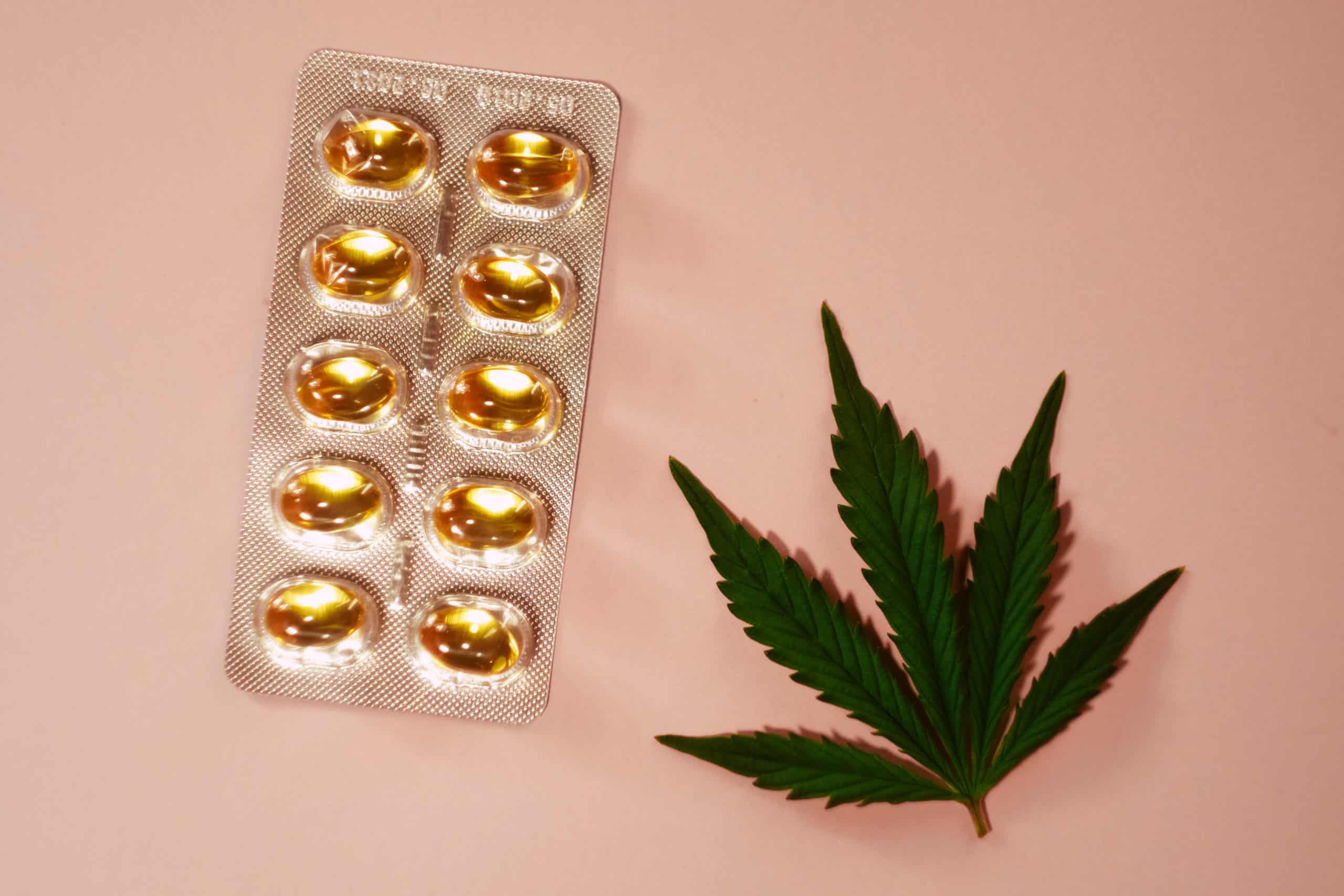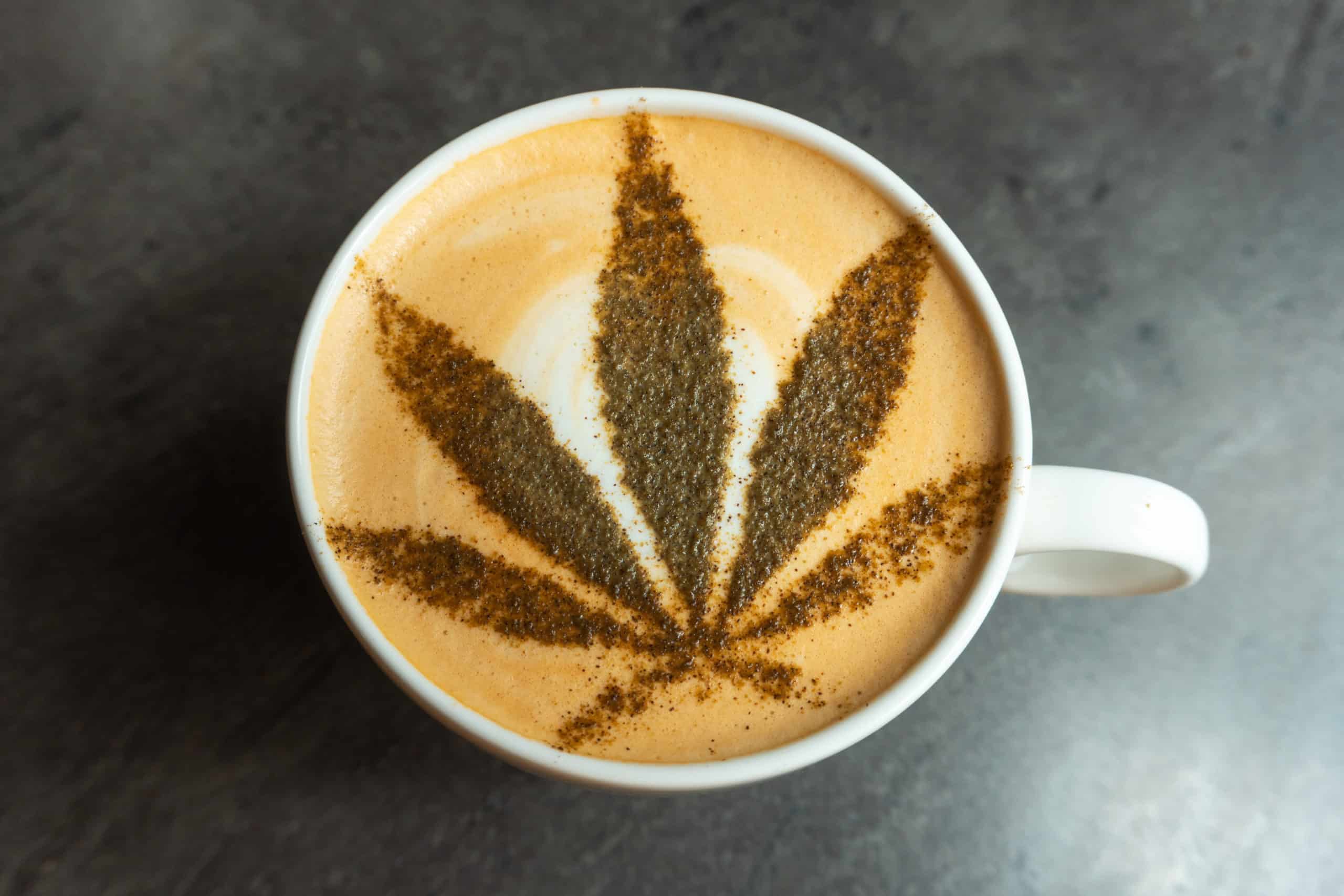-
- Market Research
- |
- CBD Near Me
- |
- Giveaways
- |
- Newsletter
- |
- Contact
- |
- Advertise
- |
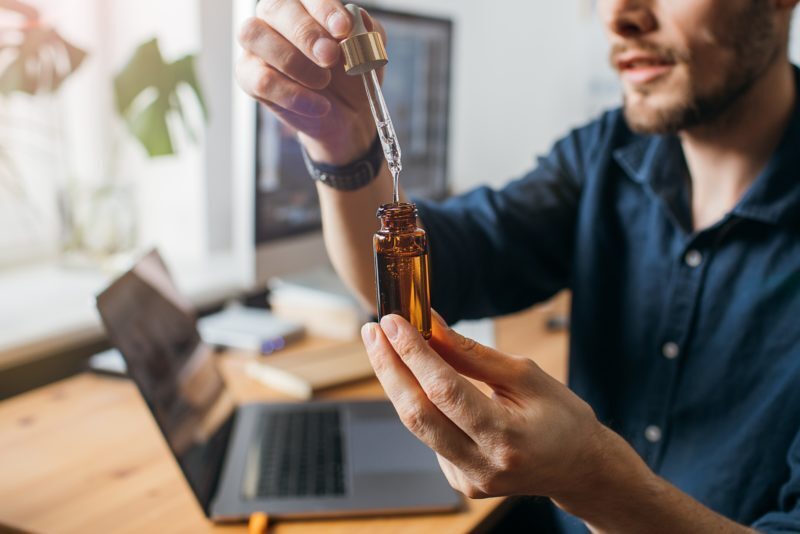
No matter what product you’re researching, be it healthcare-related or not, the ability to acknowledge and appreciate the relationship between user experience and objective data will serve you extremely well.
The world of Western medicine is especially adamant in its demand for evidence, which is why we conscientious health consumers are trained to read labels, research brands, and even check academic journals before trying a product.
Still, in the case of CBD and so many others, if you don’t also seek out the subjective side of user experience, you may find yourself in a situation that you’re not comfortable with.
The research will speak volumes about what CBD does, but only firsthand, plain-speak accounts can tell you how it feels, which is equally important to your success with it.
To bridge the gap between dry, albeit helpful statistics and the unquantifiable human experience, I’m going to share with you my personal experience with CBD, including why I started, how it feels (to me), how it affects me, and why I continue to use it today.
Why I Started Taking CBD
About six months into my PTA school program, a friend of mine who worked at the pub where I moonlighted was perceptive enough to notice a trend in my behavior that even I didn’t: I seemed anxious, he said.
Nobody likes confronting their own blemishes, but after reflecting a bit, I realized he was right.
Six months of pretty intense curriculum and waiting up until 2 AM for a single table of three or four people had begun to manifest itself in snappy replies and a furrowed brow.
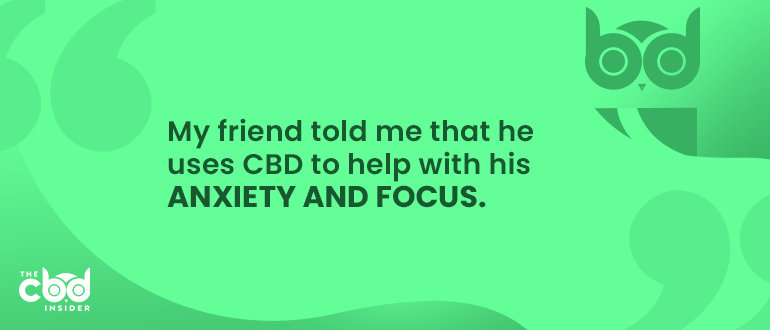
My friend then told me that he uses CBD during Friday and Saturday night shifts to help with his own anxiety and focus.
I tried it, it helped, and I still use it today (6+ years later), almost exclusively in the form of a 10mg/ml CBD oil tincture.
Let’s break that down a little bit more so that you can get a comprehensive look at the experience, starting with how it feels to take CBD.
What Taking CBD Feels Like
To borrow a favorite term of foodies and wine experts, the “mouthfeel” of CBD oil is highly unique.
Of course, CBD oil’s mouthfeel can vary significantly based on terpene content, concentration, flavoring, and manufacturing methods, so keep that in mind.
In my case, administering terpene-rich, concentrated CBD oil via a dropper, I find it to be highly viscous.
It doesn’t just slide down the tongue right away; it’s thick enough that I have to tilt my head and/or “gum it” a bit to swallow the entire dose.
Speaking of, swallowing the CBD oil that I take is almost akin to taking a shot of extra-virgin olive oil.
If you haven’t done either, I’m referring to a “peppery” sensation at the back of the throat that can surprise the unprepared.
Finally, and this is my favorite part, I feel a rush of heat and a tingling sensation throughout my entire palate, which reminds me of the first sip of my favorite IPA.
Flavor
My preferred flavor is strawberry banana.
As long as your favorite flavor isn’t something highly obscure, CBD brands are sure to accommodate as they continue to go a little nuts with their many, many flavor offerings.
Even so, I’ve never had a non-isolate CBD oil that entirely covered up the alkaline plant taste.
If you’re like me, you might actually like this bitter and earthy taste (IPA snob, remember?), but the majority of people want it to be fully covered up.
My only complaint with most of the flavors I’ve tried is that they taste artificial and “syrupy,” but that comes with the territory when you’re masking a strong flavor.
If you’re a big candy eater, there’s plenty to love: blueberry, strawberry, watermelon, and about a hundred or more others.
That’s what it feels and tastes like to take CBD oil, which has comprised the bulk of my experience, though I have also experimented with gummies.
If you simply can’t tolerate the earthy flavor of CBD oil, gummies are generally more effective at covering it up, and you’re already familiar with the texture.
Capsules are completely without flavor of any kind, of course, and they start working just short of an hour for most people.
How CBD Affects Me
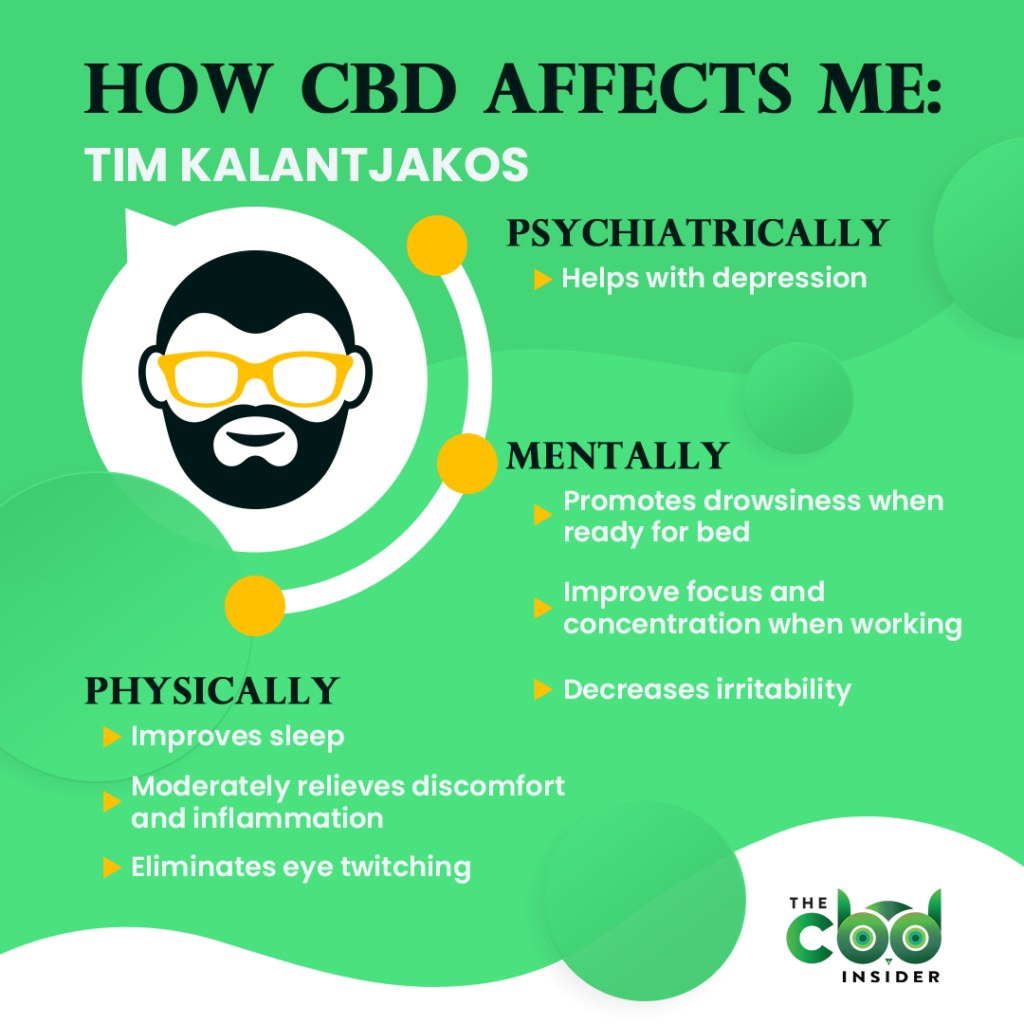
CBD is non-intoxicating, but it does affect your mood.
Some people, myself included, report slight warming sensations after dosage.
This effect takes about 30-40 minutes to kick in for me; oral administration is among the slowest of routes for medications and supplements to take (as opposed to IV, inhalation, etc.).
Overall, CBD helps me to overcome physical, mental, and psychiatric challenges.
Physical Effects
The first time I took CBD, I ended up taking an unplanned midday nap of approximately three hours in length.
As someone who virtually never sleeps during the day (and struggles at night), even when exhausted, this was both surprising and encouraging.
CBD also helps moderately decrease the intermittent bouts of knee and hip pain I experience after plenty of abuse in high school sports and over-ambitious workout routines.
I don’t find it so effective in an acute injury context, i.e., a sprained ankle, which is likely because my immune system automatically floods the area with tissue-repairing “inflammation soup,” as a former professor used to call it.
Rather, I have found that CBD is more adept at keeping me on an “even keel” in terms of chronic, less severe pain and inflammation.
More recently, however, I’ve noticed that CBD will acutely eliminate episodes of eye twitching that follow particularly stressful weeks and/or longer sessions of staring at my computer screen.
Mental Effects
I initially thought that CBD made me feel foggy and tired, on account of the spontaneous napping episode, but I then realized that it simply helps me focus on the task at hand more effectively.
If I lay down and let my mind wander, yes: I would fall asleep much easier than usual.
If I took CBD before committing to a work-related task or home project, however, I wouldn’t feel drowsy at all, but focused.
I also feel much less snappy and cynical when it comes to resolving disagreements with my wife, family, or colleagues, and I’m more patient when correcting the nihilistic tendencies of my toddler.
CBD helps me to avoid distractions while working full-time from home in such a way that, when I do award myself a break, I want to take a walk outside instead of getting sucked into my phone or TV.
Psychiatric Effects
Understandably, the distinction between “mental” and “psychiatric” health is a bit blurry, so allow me to clarify.
Where the above (mental) benefits conferred by CBD focus on performance (e.g., my ability to focus, sleep, and resolve conflicts more patiently, the psychiatric benefits have been instrumental for me in fighting depression.
I’m one of the estimated 10+ million Americans who suffer from seasonal affective disorder, meaning I experience depression episodically—in the winter.
Where I live, this means I’m dealing with it from October to March.
CBD has been correlated with improvement in depression symptoms, but the mechanism is not yet fully understood since it doesn’t directly improve serotonin uptake.
Still, in conjunction with vitamin D supplementation and light therapy, I find that CBD helps me to stay away from unproductive coping mechanisms and engage in more life-affirming and healthy coping mechanisms, like going out to eat or watching a movie.
Aside from the aforementioned episode, I don’t typically suffer from anxiety to a clinically relevant extent, but for those who do, the “anxiolytic” (anxiety-reducing) effects of cannabidiol are more concretely evidenced by a larger body of research findings.
This brings me to my final point: CBD does different things for different people.
What You Can Expect From CBD
Painfully and hilariously reminiscent of those old-timey “magic salve” peddlers, some CBD manufacturers can be a little overzealous when it comes to marketing this “catch-all” supplement, but their lofty claims are exaggerated, not fabricated.
Here’s what I mean: CBD is every bit as diverse in its applications as the endocannabinoid system that it stimulates, but its effects are subtle.
The endocannabinoid system regulates mood, appetite, memory, certain types of pain and sensation, and more.
Like every other neural structure in the body, the goal of the endocannabinoid system is to support a healthy balance throughout the body, known as homeostasis.
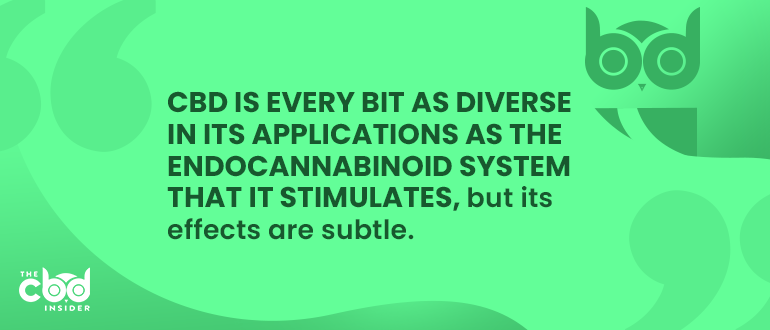
In other words, your experience with CBD will be unique to your particular needs, because your endocannabinoid system will prioritize your most urgent needs when determining how it wants to help you.
If you are a chronic back pain sufferer with anxiety, for example, then you may view CBD through a different lens than I do.
Finally, if you’re expecting the hard-hitting effectiveness of a prescription medication, then you may initially feel underwhelmed by CBD, but that doesn’t mean it can’t help you in the long run as it has helped me.
CBD works best if you take an active role to support its functions, and if you’re consistent, it can improve your quality of life without the side effects.
